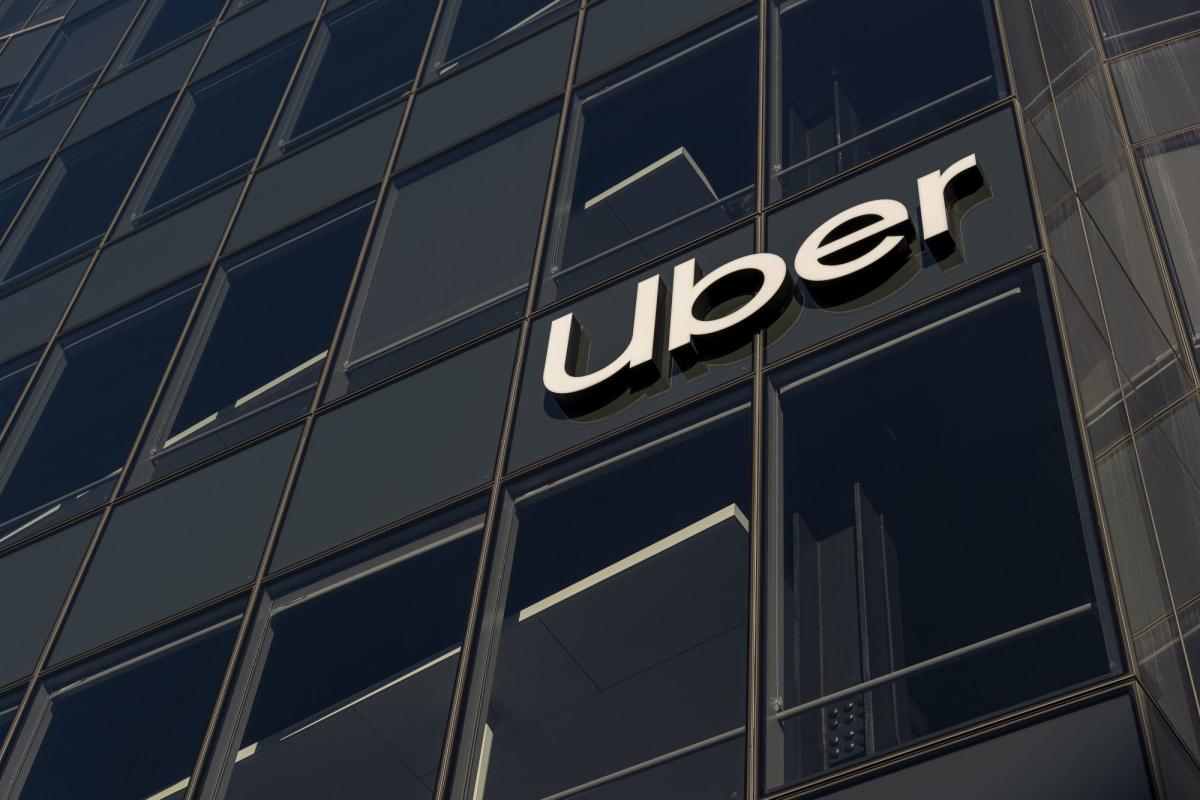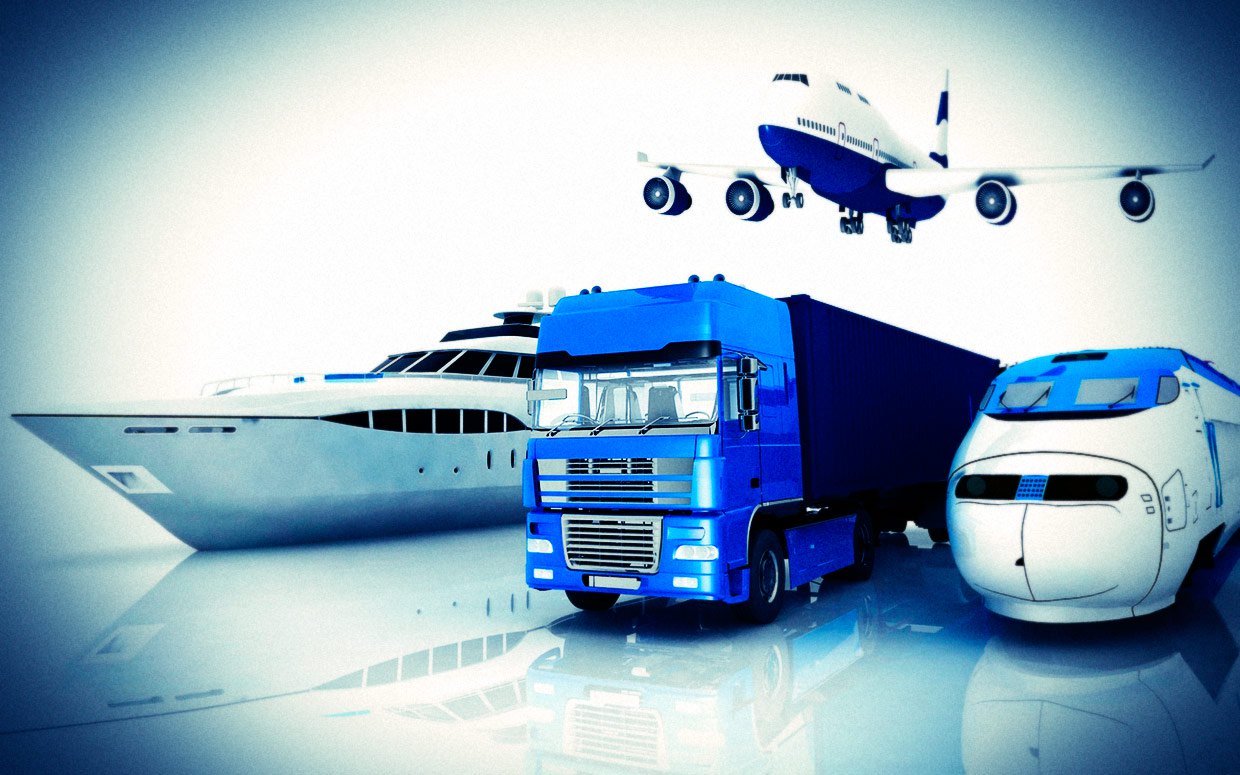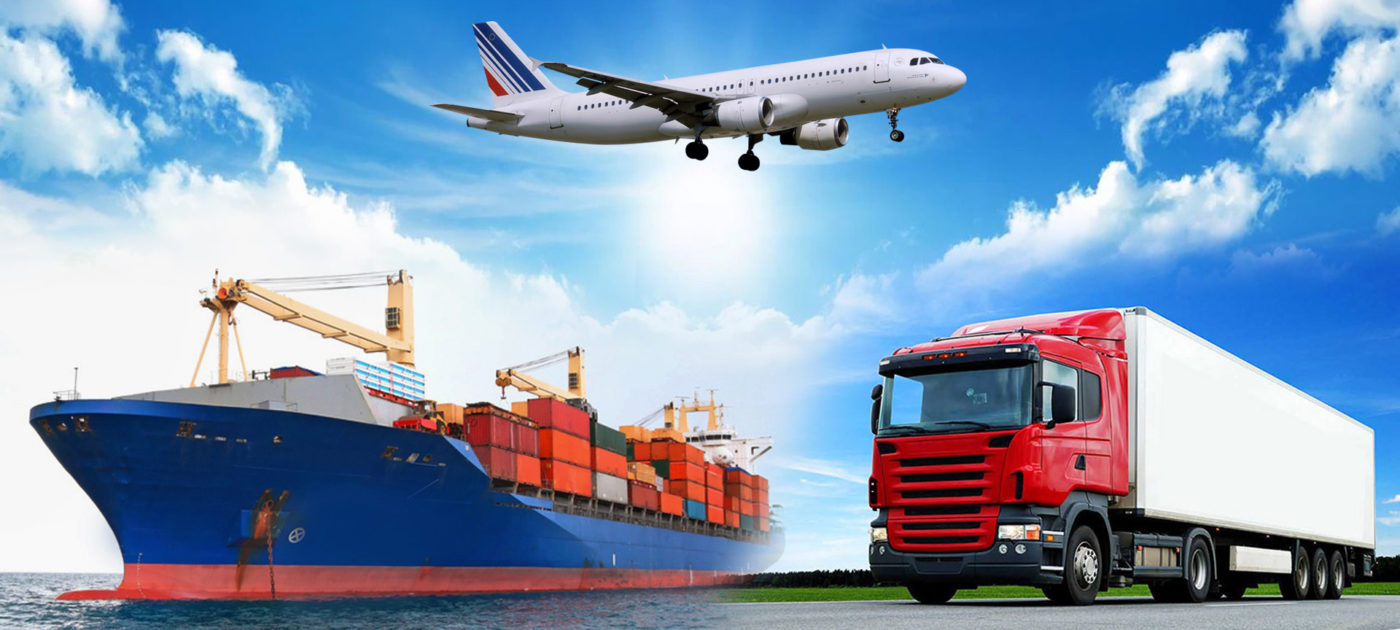Uber Considering Spinning Off Freight Logistics Division
Uber Technologies Inc. is exploring whether to spin off its Uber Freight logistics arm in a sale or as a separate publicly traded company to streamline its focus on ride hailing and food delivery, according to people familiar with the matter.
The company is discussing its options with potential advisers, said the people, who asked not to be identified because the plans are private.

A decision by Uber on the freight unit isn’t imminent and the company’s plans could change, the people added. An IPO is the more likely outcome, one of the people said. If the company lands on an IPO, it may not happen until next year and will depend on market conditions, another person said.
An Uber spokesman declined to comment on what he called rumors and speculation.
Shares of Uber rose about 3% after the close of regular trading on March 8 in New York. Earlier March 8, they fell 0.4% to $34.01, giving the company a market value of $68 billion.
Spinning out the freight division would allow Uber Chief Executive Officer Dara Kosrowshahi to focus on the ride-hailing and food-delivery units, which are growing. The freight unit runs by itself and has struggled during a broader downturn in trucking.
Uber’s $8.6 billion in revenue for the fourth quarter beat analyst estimates overall, as demand for rides and food delivery exceeded expectations and those units fared well despite inflation worries.
Uber Freight faces a more challenging outlook than other divisions of the company. The division pairs trucking companies with those seeking to transport loads and operates as an independent unit. In January, Uber Freight said it would cut 3% of its workforce.
On the company’s fourth-quarter earnings call, Chief Financial Officer Nelson Chai said Uber Freight would struggle going forward because of a cyclical downturn in the business.
“We do expect that you’ll see us getting some traction there, but the overwhelming cycle that’s going on right now more broadly on the freight industry is going to continue to impact our business,” Chai said. “And so, that business will continue to lag likely versus where we would have hoped.”
Uber launched the freight division in 2017, pairing trucking companies with those seeking to transport loads in a similar model to the company’s ride-hailing business. In 2020, Uber sold a stake in the freight unit for $500 million to investors.
In 2021, Uber Freight acquired Transplace, a logistics company owned by TPG, for $2.25 billion. Uber’s freight division comprises 18% of Uber Technologies’ overall revenue, climbing 43% from the previous year to $1.5 billion during the fourth quarter.




